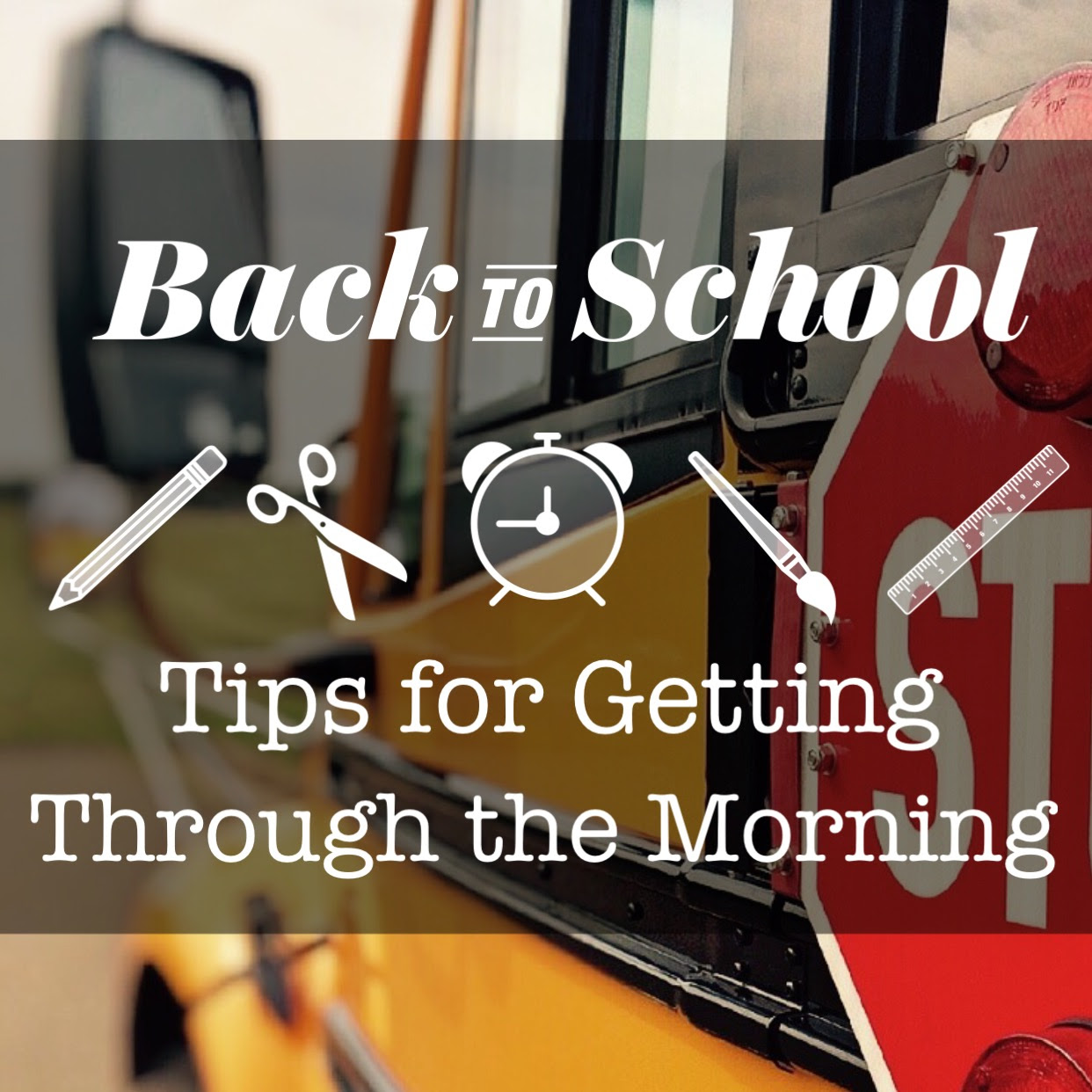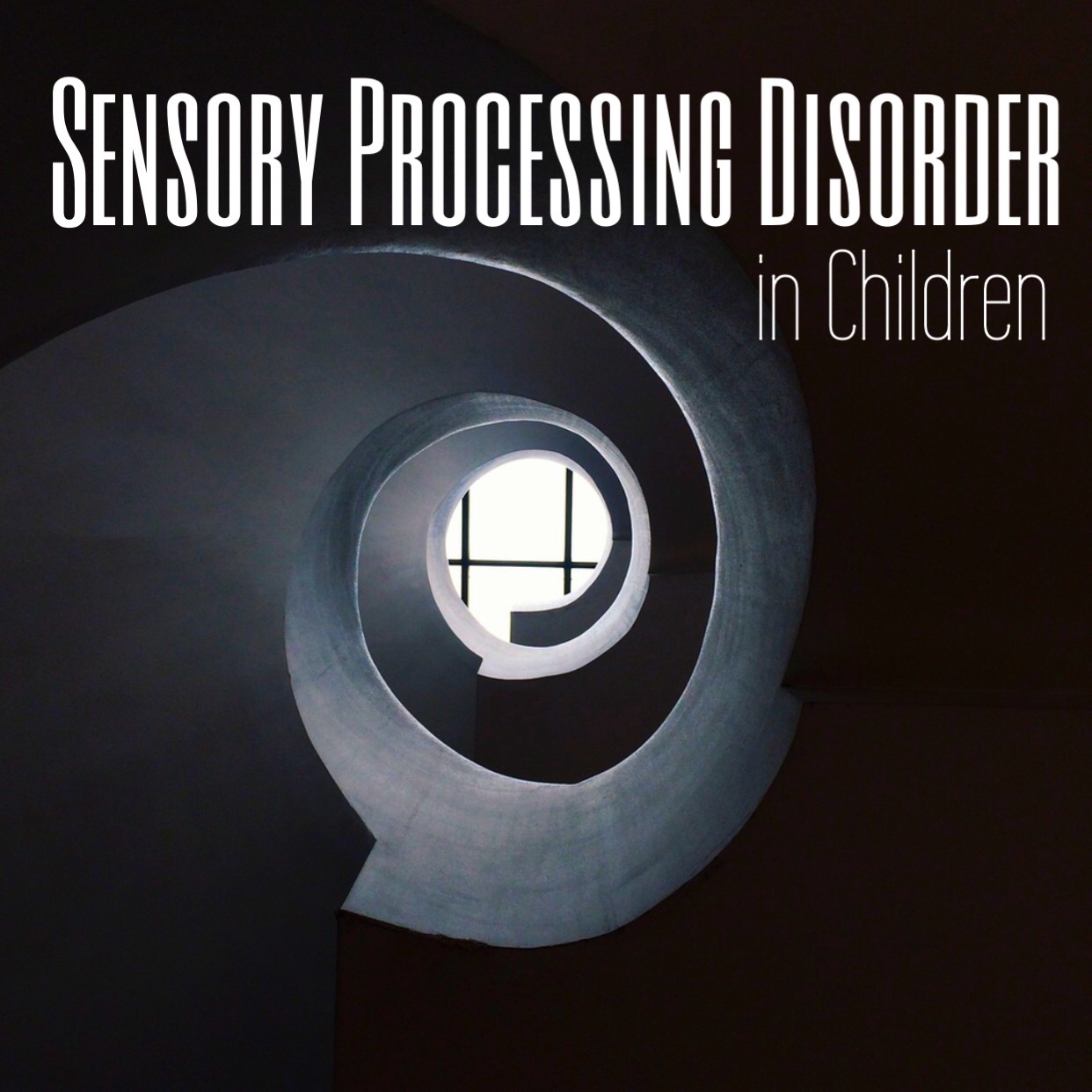
Back to School – Tips for Getting Through the Morning
by Carolyn Knarr, MSW, LCSW, Director of Children’s Therapeutic Services
School is back in session. How is your morning going? Are your kids getting out of bed bright-eyed and bushy-tailed? Do they come down and sit for a nutritious breakfast and then cheerfully go brush their teeth and get dressed?
 No? What is a mother or father to do? If you’re like most parents, you may get frustrated, then annoyed, then start to nag or yell. And it is deja vu, morning after morning. Kind of like the movie “Groundhog Day.” Nothing ever seems to get better — but it can. And the answer isn’t nagging or yelling.
No? What is a mother or father to do? If you’re like most parents, you may get frustrated, then annoyed, then start to nag or yell. And it is deja vu, morning after morning. Kind of like the movie “Groundhog Day.” Nothing ever seems to get better — but it can. And the answer isn’t nagging or yelling.
Have you ever noticed that when you are at your wits’ end and you start yelling and threatening, the kids suddenly start doing what they are supposed to do? Ever wonder why? The answer is because they know what is coming next. It’s after you stop nagging that you act. As much as they say they don’t like us nagging or yelling, they rely on it because they have not learned to be responsible on their own. They key their behavior to the cues of your actions.
Some parents’ answer to every behavioral problem is to take away their child’s iPad or phone, because it gets results for a day or maybe for a week. Then the kids are back to their irresponsible behavior. Technology becomes a yo-yo between the parents and the child. Back and forth, back and forth, but it will take more than that to make real changes and teach responsibility.
Teaching children responsibility and the consequences of their actions is an important life lesson, and it’s our responsibility as parents to “train up a child in the way he/she should go.” Proverbs 22.6 Allowing them on a habitual basis to act irresponsibly is not helping you or them, so it’s important to break a negative cycle, but important also to prepare your children for the changes that are coming:
First, let your children know that changes are needed – and coming. Then, let them know that you will tell them ONE TIME to get up, brush their teeth, etc. They know the routine so they don’t need to be told repetitively. Then, at the usual time, announce that you are leaving. If they are not ready, they will have to deal with the consequences. They may have to get dressed in the car, miss breakfast, or incur some other inconvenience. If they don’t have their books, homework, and other things ready, they will have to live with the consequences of that. Oh well! Don’t rescue them. Leave when you are supposed to leave. Yes, they may get in trouble at school or be inconvenienced, but feeling the anxiety of not being ready will help them learn not to continue these habits.
 There’s no reason their habitual tardiness should adversely affect your morning schedule. If it is time to leave and they don’t come to the car, tell them you can’t jeopardize your schedule and that you will be dropping them off a few blocks from school (in a safe area), or at least not right by the door. Tell them you don’t have time to pull in because they have made everyone, including you, late, so they will have to walk a bit farther. Yes, this may mean they will be even later because they have to walk the extra distance but you will be more on time. And, since it is their fault they are late, they will need to deal with the consequences of their own tardiness.
There’s no reason their habitual tardiness should adversely affect your morning schedule. If it is time to leave and they don’t come to the car, tell them you can’t jeopardize your schedule and that you will be dropping them off a few blocks from school (in a safe area), or at least not right by the door. Tell them you don’t have time to pull in because they have made everyone, including you, late, so they will have to walk a bit farther. Yes, this may mean they will be even later because they have to walk the extra distance but you will be more on time. And, since it is their fault they are late, they will need to deal with the consequences of their own tardiness.
The day before implementing these changes, you will need to sit down with your kids and tell them that you are going to do things differently the next morning. Then explain to them that you will remind them to do something ONE time, and only one time. If they have a habit of playing video games, watching television, or other distracting activities in the morning, let them know that it may be necessary for you to disable these or put them away until after school. Then follow through on what you have told them. You will also need to explain to them what will happen if they are not totally ready when it’s time to go – that you and the car will be leaving at the scheduled time and that they may have to finish their breakfast or homework in the car – or they may be dropped off either in front of or a block or two away from the school. If this results in their being late to school, so be it.
There are a couple of keys to making this work. One is to prep your children the night before and talk through what might happen if they are not ready. Make both your expectations, and the consequences of irresponsibility, crystal clear. Suggest they have their things ready before going to bed, and let them know where the drop off place will be if they are late.
 Another key is to be prepared for their “freaking out” when you are ready to go and they are not. Try as much as possible to tune out the wailing and not lecture. Refrain from saying, “I told you so,” or engaging in discussion. Don’t rescue them by giving in. If they try their best to verbally engage you, reply, “Yes, I know this is hard. We’ll get through it.”
Another key is to be prepared for their “freaking out” when you are ready to go and they are not. Try as much as possible to tune out the wailing and not lecture. Refrain from saying, “I told you so,” or engaging in discussion. Don’t rescue them by giving in. If they try their best to verbally engage you, reply, “Yes, I know this is hard. We’ll get through it.”
Also, you will need to keep in mind that expectations and the consequences of a child’s irresponsibility should be age appropriate. It is important to gauge according to what the child can reasonably and safely handle, obviously, one size does not fit all. The goal is to allow the child to feel the weight of their actions, rather than the parent cushioning the blow or taking on responsibilities on the child’s behalf.
It may be rough at first, but keep at it. Try to smile to yourself and think how nice it will be in a few days when, after reality sinks in, they get ready on their own – and on time!
 About the Author:
About the Author:
Carolyn Knarr earned her Master’s Degree from Washington University, and has been counseling for over 20 years. She is a member of the National Association of Social Workers, and is a licensed clinical social worker.
Carolyn has a strong background in working with children and adolescents with ADHD, attachment disorder, trauma, bipolar disorder, and Asperger’s. She works closely with their families to help them with the emotional and behavioral aspects of these disorders. She utilizes play therapy, family therapy, and cognitive behavioral therapy, and is qualified to do psychological assessments with children. Carolyn also sees adult clients, couples, and families.
Through counseling, Carolyn helps her clients look at past and present relationship issues, communication patterns, and the potential for healing and growth.





